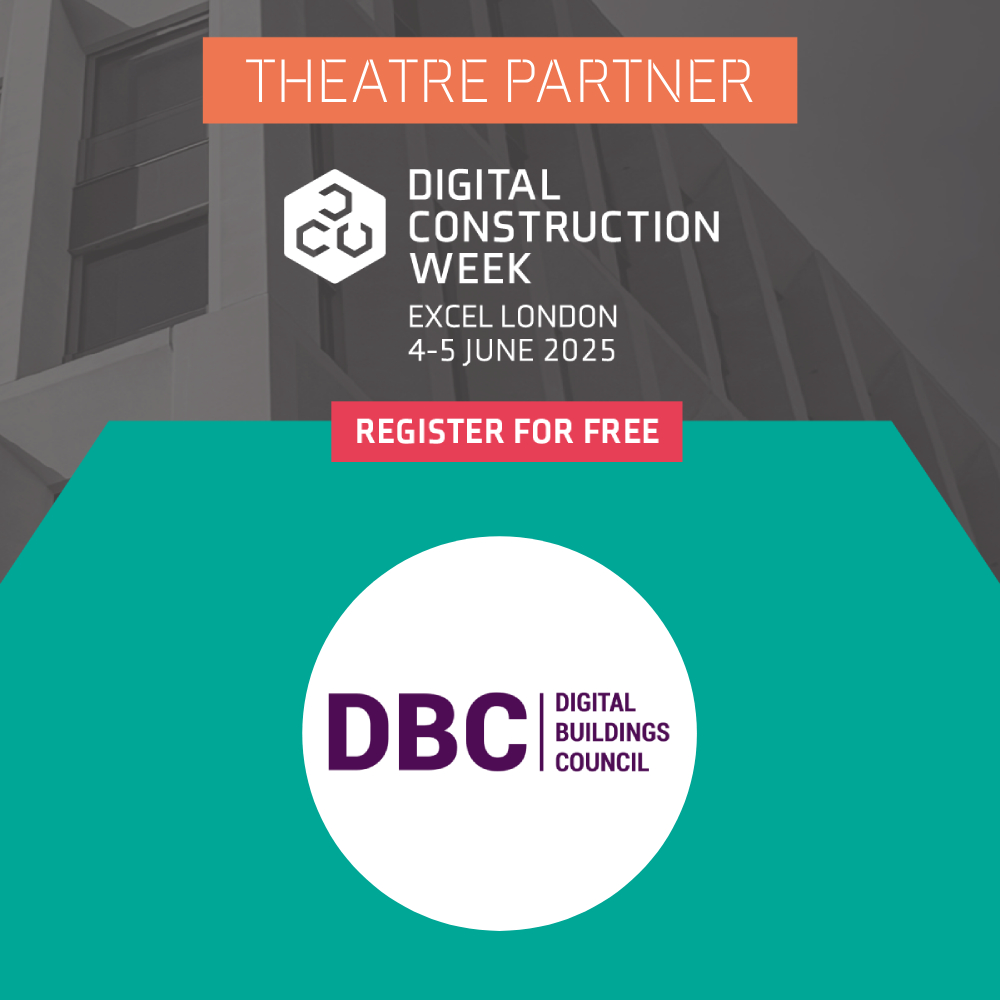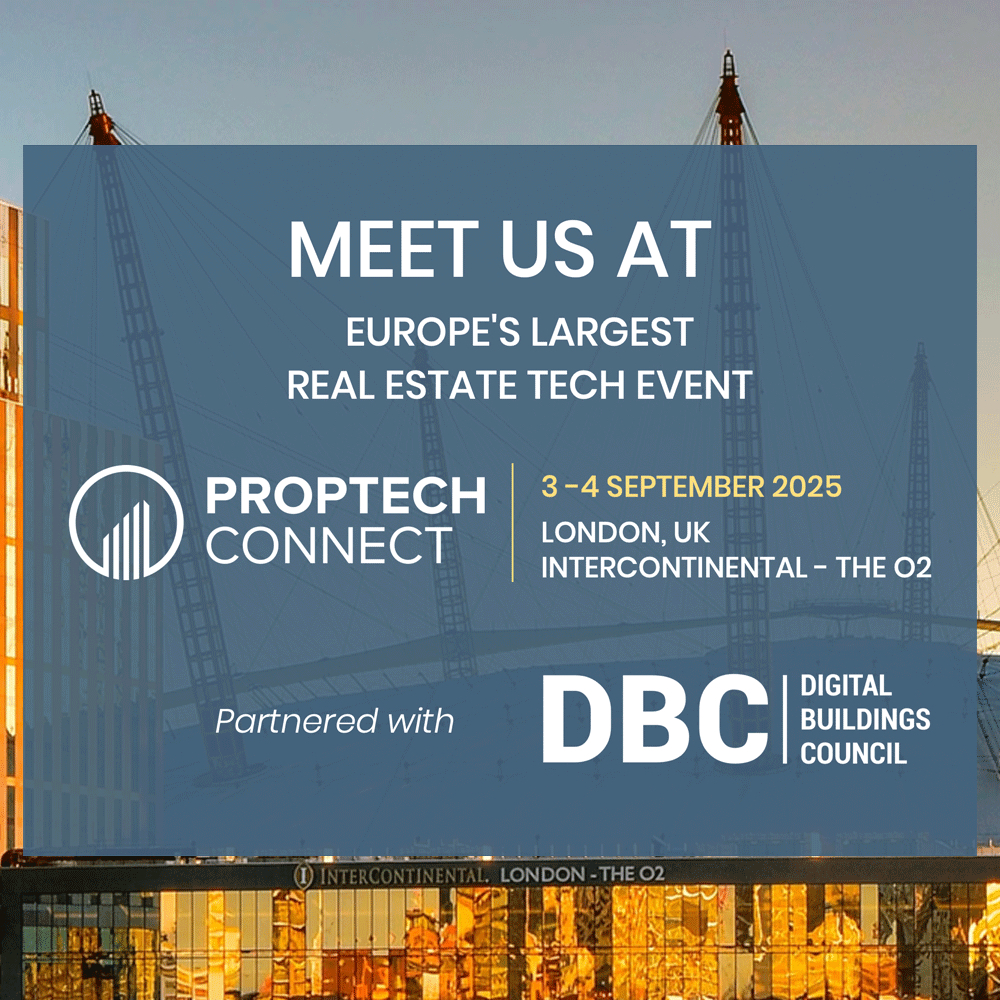The DBC founding members have identified key issues they believe need addressing for the digital buildings market to reach its full potential. These core focus areas form the initial basis for creating broader working groups and more specific project initiatives that enable members to collaborate on our initial goals with various engagement activities and output.
As outlined on the About page, providing clarity and practically filling gaps in existing frameworks with smaller, agile and more representative groups was why the DBC was formed. The overarching gap that still exists between construction and operations resulting from their increasing digitalisation drives many of our planned working group initiatives.
The discussions surrounding digitally bridging the project-operations gap are also behind our aim to enhance professional understanding through knowledge sharing and are likely to drive several additional interrelated initiatives. They also drive our actively seeking partnerships with other relevant trade bodies and initiatives.
Initial Focus Areas
- Project scoping, planning and success metrics:
Feedback from the demand side has highlighted a clear need to clarify the digital buildings technology adoption roadmap and its mapping to the broader digital transformation programmes. The focus is on how the smart enablement of new build and retrofit projects can form part of these programmes. Collaborative efforts look to define success metrics and emphasise the importance of developing clear building or portfolio strategies and expected outcomes before addressing technology specifics. This approach seeks to reduce ambiguity, promote a common language in broader specifications, as well as ensure optimum digital building outcomes and value for all stakeholders. - Project costing and the business case:
There is much discussion about the need to effectively demonstrate the business case for digital enablement but less about how to adopt a more holistic approach to calculating ROI (e.g. around value), given the lines between smart buildings and smarter workplaces continue to blur. Collaborative efforts include the engagement of Cost and Project Management Consultants to align digital outcomes with costs early in the project lifecycle, aiming to mitigate value engineering challenges and ensure comprehensive value. - Linking BIM and Smart Enablement:
This project initiative aims to address the need to bridge the gap between digital construction and the growing digitisation of building operations as part of a drive towards improving ESG performance, improving efficiencies and creating more effective buildings. - Stakeholder Roles & Responsibilities:
The idea is to explore the roles and responsibilities of key stakeholders in the digital building project delivery process and clearly articulate the value each player and delivery model brings. For example, recent discussions have questioned the value of appointing a proven Master System Integrator (MSI) to oversee digital building projects. This debate was the prompt for a series of articles and panel sessions exploring the evolving MSI role (see examples below). - S & G also in ESG:
A key insight from the roundtable that inspired the DBC formation was on the ESG and Net zero targets as key drivers for many smart building deployments, emphasising energy efficiency and carbon reduction. Often, societal and governance aspects of ESG are overlooked. This focus area aims to explore practical sustainability aspects, the role of technology, and how it enhances governance and user experience.
The DBC fosters active member engagement and discussion of project initiatives on our community platform. Related project initiatives linked to these focus areas are overseen by Working Groups, but members are actively encouraged to contribute to and review the output from all initiatives, even if they are not directly involved in the specific Working Group.
Our initial focus areas also shape how we seek and support event partnerships to provide thought leadership opportunities for members and advance our broader goals, as detailed on the About page.
Stay connected by following the DBC on LinkedIn for the latest updates, events and insights from the founding members and reach out to learn how to join our community and contribute to our mission.
Related reading:
Plugging the project-operations gap:
- Summary keynote by our Executive Officer at BSRIA Briefing (Nov 24)
- Summary of Digital Construction is Mars and Digital Operations is from Venus panel session at London Build Expo (Nov 24)
- Article by DBC member Sam Norledge at LMG on Bridging the gap between digital construction and digital operations for PBC Today magazine (Nov 24)
Knowledge sharing:
For more on how the DBC faciliates knowledge share between members and industry stakeholders, check out the following examples of our Lessons Learned series:
- Summary of the Lessons Learned panel session at Realcom London (Oct 24)
- Lessons Learned: 6 common mistakes MSI contractors see in smart building project article in Smart Buildings Magazine (Sept 24)
- Summary of the Lessons Learned: How to Operationalise Smart Buildings panel at ISE Europe Smart Buildings Summit (Feb 25)
Project scoping, planning and success
- Article by Digital Transformation Process in the Built Environment: past present future ‘past present future‘ artocle by DBC Steering Commitee member Brahm Lategan from Mix Consultancy (July 2024)
Project costing and the business
- Summary of A Holistic Approach to Maximising ROI in Smart Buildings panel at PropTech Connect (Sept 2024)
- Summary of Holistic smart building ROI rethink panel at Smart Buildings Show (Oct 2024)
- Article on The power of BIM-IoT integration to drive ESG and demonstrate true ROI by Sam Norledge at DBC founding member LMG for for PBC Today (May 2024)
Linking BIM and Smart Enablement:
- Article on Bridging the gap between digital construction and digital operations by Sam Norledge at DBC founding member LMG for PBC Today (Sept 24)
- Article on The power of BIM-IoT integration to drive ESG and demonstrate true ROI by Sam Norledge at DBC founding member LMG for PBC Today (May 2024)
Stakeholder Roles & Responsibilities:
- Collaborative article on Lessons learned: 6 common mistakes MSI contractors see in smart building projects by DBC fmember LMG for Smart Buildings Magazine (Dec 24)
- Summary of DBC Redefining Master Systems Integration session panel at ISE Europe Smart Buildings Summit summary (Feb 2024)
- Article that expands on the DBC Redefining master systems integration panel session at ISE Smart Buildings Summit by John Clarke at DBC Founding Member One sight solutions Ltd (Feb 24)
- Article on Bringing it all to life by DBC Treasurer’s Mike Hook from DBC Founding Member LMG, examing the role of the Master Systems Integrators (MSIs) and how they are creating next generation intelligent for the April edition of Inside Networks magazine (March 24)
S & G also in ESG:
- Article on The power of BIM-IoT integration to drive ESG and demonstrate true ROI by Sam Norledge at DBC founding member LMG for for PBC Today (May 2024)




